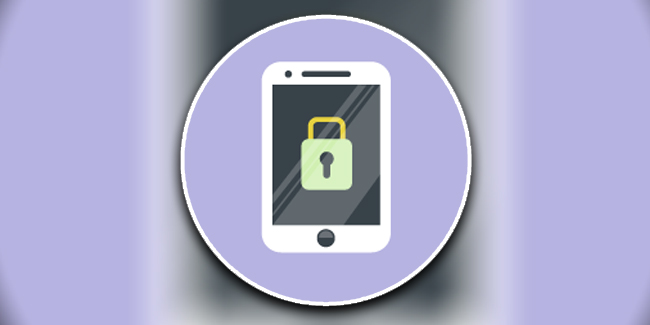If you don’t want to become the next victim of cyber identity theft, you can follow these tips!
Are you a victim of cyber identity theft? Do these thieves have access to your accounts? There are a lot of ways on how to stop it.

Here are some of the tips on how not to become a victim of this incident. Have a look!
Secure Your E-mail
Your e-mail address may contain classified information that only you can access. If you have received strange messages on your e-mail, don’t open it, unless you’re certain of its safety. Also, you need to secure your e-mail by not entering malicious or fake websites that may look as close to real companies.
Guard Yourself on Social Media
You need to limit your personal information on your social media accounts. In order for your account to secure your personal information, make your biographical information private — including your full name, address, birthday, workplace, as well as your contact number.
Create (and Protect) Stronger Passwords
In order for you to have a more secure and stronger password for your e-mail addresses, you need to combine these three elements that your password must have: an uppercase letter, a lowercase letter, and numbers. Don’t just settle on the most common passwords on your e-mail accounts — such as name + surname, birthday, or even contact number may be considered as one of the most common passwords.
Guard Yourself in Public
If you’re surfing in the internet café, don’t forget to log out all of your accounts before going out of the room as well as you don’t need to save your passwords on browsers. It’s important to put https:// before typing websites you want to open to secure your account.
If you’re using smartphones, tablets, or even laptops, you need to turn your Wi-Fi off if not in use. You can use Virtual Private Network (VPN) if you want to encrypt your conversations. In addition, you need to cover your webcam and your microphones with tapes in order to prevent hackers from spying on you.
Beware of “Malvertising” and Ransomware
Even some advertisements that popped out of your screen may also contain malware and may lead you to have ransomware on your computer. Ransomware is a software that encrypts your files inside your computer. In order to avoid ransomware and “malvertising” (malware advertising), you must not click any ads that popped into your computer screens.
By following these tips, your account, as well as your personal information will become totally secured.
Thank you for visiting our website. We hope we have helped you with regard to this matter. You may keep coming back for more informative guides. You can now subscribe to our YouTube channel for Top 10 videos.
READ ALSO | Senior High School Student Went Viral After Selling Lumpia, Siomai Inside The Campus
